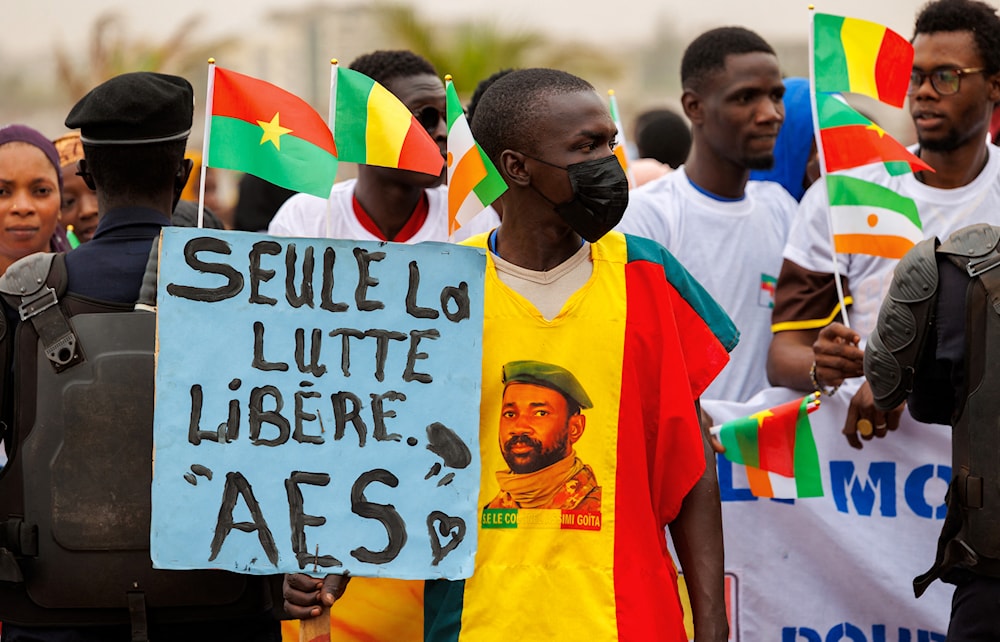Sahel states set to overhaul Liptako-Gourma authority into development arm of new confederation

The Alliance of Sahel States (AES) is preparing a major transformation of one of its oldest regional institutions, the Liptako-Gourma Authority (ALG), as part of a sweeping plan to consolidate regional development and sovereignty.
This was the central focus of the 8th Ordinary Session of the ALG Heads of State, held virtually on Friday, July 11, 2025, under the leadership of General Abdourahamane Tiani, President of Niger.
Attended by Mali’s President Assimi Goïta and Burkina Faso’s President Ibrahim Traoré, the high-level meeting comes at a pivotal moment for the region, just a year after the formal creation of the Confederation of Sahel States on July 6, 2024, following the signing of the Liptako-Gourma Charter.
Founded in 1970 with the goal of fostering integrated development across mineral, hydraulic, and agro-pastoral sectors, the ALG has long played a consultative role.
However, amid shifting geopolitical dynamics and urgent development needs, the three AES leaders are now determined to repurpose the ALG into a results-driven executive agency focused on concrete development delivery.
The proposed reform aims to shift the ALG from a coordinating body to a fully operational mechanism that can manage and implement priority development programs across the Sahel.
These priorities include food security, sustainable infrastructure, agriculture, energy, water access, and environmental resilience — all areas where cross-border cooperation is expected to yield swift, tangible benefits for local populations.
Governance was also high on the agenda.
The summit reviewed administrative changes, including the dismissal of former Executive Secretary Saidou Aou and the current incumbent Hawa AW.
An interim administrator will be appointed to oversee the transition as the ALG repositions itself within the new institutional structure of the AES.
This restructuring signals more than just an administrative shake-up.
It represents a strategic pivot toward self-reliant regional development, driven by the Sahel’s own governments.
As insecurity and economic fragility continue to challenge the region, the AES states are banking on a coordinated, homegrown approach to transform their shared future.
The 8th session marks a decisive step in redefining regional cooperation in West Africa — shifting from externally shaped models to endogenous frameworks grounded in sovereignty, solidarity, and grassroots priorities.
About The Author
dailymailafric
I am an avid African news observer, and an active member of Daily Mail Africa.
I’m Passionate about staying informed on diverse topics across the continent,
I actively contribute to publishing on political, economic and cultural developments in Africa.



